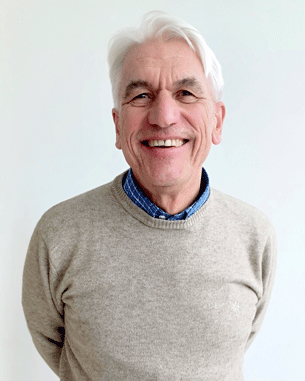Hein Lindquist will defend his PhD degree in Pedagogical Resources and Learning Processes. The doctoral work has been carried out at the Faculty of Humanities, Sports, and Educational Science.

- Title of thesis: The youngest multilingual children – Language use at home and in ECEC.
- Read the thesis here (openarchive.usn.no)
You are welcome to follow the trial lecture and the public defence on campus.
Join virtually: Zoom
Summary
Most Norwegian children today start ECEC from the age of one, and many of these children grow up in homes where languages other than Norwegian are in use. The youngest children in ECEC are in a phase of life where they learn to understand and use verbal language(s). This thesis is an examination of what characterises language use in multilingual families and the language pedagogy children are encountered with in kindergarten.
The thesis provides insight into how four ECEC children, their families and the kindergarten teachers use language at home and in ECEC and how ECEC works to support and strengthen children's language development. To investigate this, video analyses have been made of the languages used and parents and staff in these ECEC have been interviewed throughout large parts of the children's first year in ECEC.
The languages used in multilingual families vary, but even if the family members have the same linguistic background, several languages will be in play. The language exchange can follow different patterns, but the use of language is primarily communication.
As the children are young, they still have a limited expressive vocabulary. When the same children are in ECEC, they meet staff who are primarily concerned with promoting the children's Norwegian-language development, and their multilingual background receives little attention.
The thesis discusses how two didactic models for language acquisition and learning, are developed in work with older children in school and ECEC can be transformed so that they can also be used in language teaching work with the youngest children in ECEC. Secondly, how these analyses can be combined with a language policy model that brings forth knowledge about language policy in families and educational contexts.
